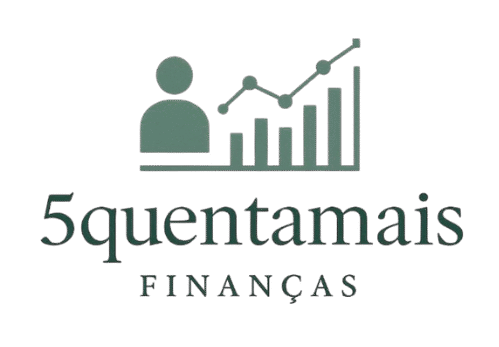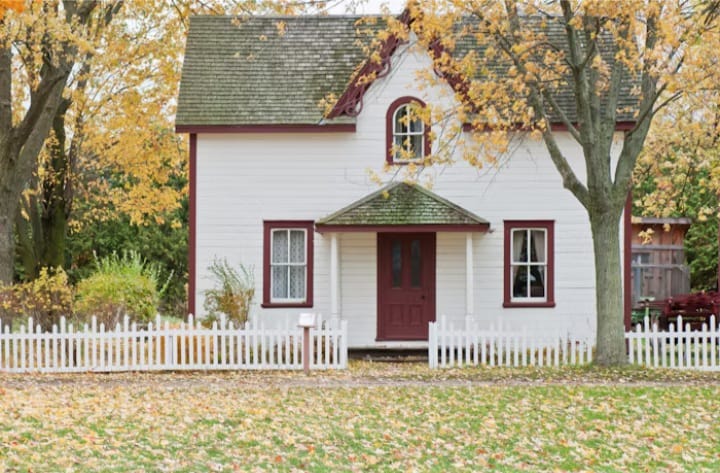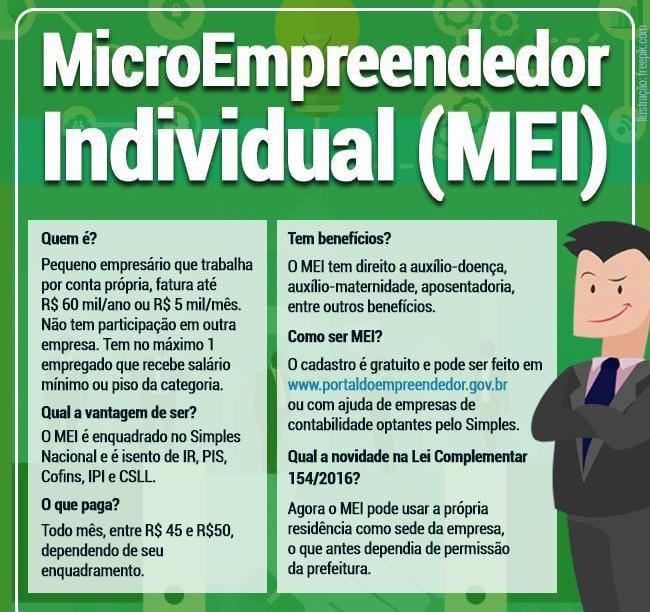Elderly Bid Farewell to Rent Payments: The ‘Minha Casa Minha Vida’ Program Offers Free Housing
Housing has always been a significant concern for the elderly, particularly those on a fixed income or reliant on government pensions. In an exciting development, Brazil’s “Minha Casa Minha Vida” program is offering a new lease on life to seniors by providing free housing, eliminating the burden of monthly rent payments. This initiative aims to give the elderly financial relief and a sense of security, particularly those who have struggled with high rent costs for most of their lives.
In this article, we will explore the recent changes in the ‘Minha Casa Minha Vida’ program, how seniors can benefit, the impact on the housing market, and the broader implications for Brazil’s elderly population. We’ll also look at eligibility criteria and how the initiative fits into Brazil’s long-standing efforts to address affordable housing needs.
The Evolution of ‘Minha Casa Minha Vida’
The ‘Minha Casa Minha Vida’ program, which translates to ‘My House, My Life,’ was launched in 2009 by the Brazilian government. Its original aim was to reduce the housing deficit by providing affordable housing options for low-income families. Over the years, the program has helped millions of Brazilians achieve the dream of owning a home by offering subsidized housing options.
Recently, however, the program has expanded to include a new segment: free housing for the elderly. This extension of the initiative is part of the government’s broader social welfare agenda, aimed at addressing the challenges faced by Brazil’s aging population. With a growing number of elderly people living in precarious conditions, the provision of free housing marks a significant step toward ensuring that older citizens can live with dignity and without financial strain.
Why Free Housing for the Elderly is Crucial
For many elderly individuals, especially those dependent on pensions, paying rent can take up a significant portion of their monthly income. This often leaves little room for other essentials such as healthcare, medication, food, and utilities. As a result, many seniors find themselves trapped in a cycle of poverty, where meeting basic needs becomes increasingly difficult.
By offering free housing, the ‘Minha Casa Minha Vida’ program provides much-needed relief. Seniors can now redirect their limited financial resources toward improving their quality of life. Additionally, stable housing provides peace of mind, knowing they have a secure place to live without the fear of eviction due to unpaid rent.
Financial Impact on Seniors
The elimination of rent payments can have a profound effect on the financial well-being of the elderly. With a fixed income, even minor changes in monthly expenses can make a big difference. According to data, a significant portion of Brazil’s elderly population spends nearly 40% of their monthly income on housing-related costs, including rent, utilities, and maintenance. Free housing will allow these individuals to reallocate funds toward other pressing needs, particularly healthcare and medications.
The additional financial freedom gained from no longer paying rent will likely lead to an improvement in the overall health and well-being of seniors. Studies have shown that housing insecurity is closely linked to stress, depression, and other mental health issues, which tend to be exacerbated among older adults. By securing housing, many of these issues could be mitigated, leading to a healthier aging population.
The Broader Impact on the Housing Market
The provision of free housing for seniors through the ‘Minha Casa Minha Vida’ program could have ripple effects on the broader housing market. As elderly renters transition into these free housing options, vacancy rates in rental properties may increase, potentially leading to a drop in rental prices. While this could provide relief to other low-income renters, it could also create challenges for landlords who rely on steady rental income.
Moreover, the government’s investment in the housing sector is expected to stimulate economic activity. The construction and development of new homes, particularly those designated for elderly residents, will require labor and materials, providing a boost to the local economy. Furthermore, the program aligns with Brazil’s commitment to sustainable development by incorporating eco-friendly building materials and practices into new housing projects, ensuring they are both affordable and environmentally responsible.
Eligibility Criteria for Free Housing
While the offer of free housing may sound appealing, not all seniors are eligible for this benefit. The ‘Minha Casa Minha Vida’ program has set specific criteria to ensure that the housing is allocated to those in most need. Some of the key eligibility requirements include:
Age: Applicants must be 60 years or older.
Income Level: Seniors must fall within a certain income bracket, typically earning less than two times the minimum wage.
Previous Home Ownership: Eligible individuals must not own any other property.
Residency: Applicants must be Brazilian citizens and residents in the country.
In addition to these basic criteria, preference is often given to those in more vulnerable situations, such as individuals with disabilities or those with limited family support. Local municipalities may have additional guidelines that influence the allocation of housing.
The Social Benefits of the Program
Beyond the financial and economic benefits, the free housing initiative for seniors offers a variety of social advantages. Stable housing is a key component of well-being, and providing elderly citizens with a secure place to live can have a positive impact on their mental and physical health. Many seniors, particularly those living alone, face social isolation, which can lead to feelings of loneliness and depression. By providing housing within communities designed specifically for older adults, the program fosters social connections and a sense of belonging.
Furthermore, the program is expected to have a positive impact on public health. With housing secured, seniors are less likely to suffer from illnesses linked to poor living conditions, such as respiratory problems due to damp or moldy homes. Secure housing also makes it easier for healthcare providers to offer regular care, as seniors will be living in accessible, stable locations.
Long-Term Implications for Brazil’s Aging Population
Brazil is facing the realities of an aging population, with projections indicating that by 2050, nearly a third of the population will be over the age of 60. As life expectancy increases, so too does the demand for senior housing and healthcare services. The expansion of the ‘Minha Casa Minha Vida’ program to include free housing for the elderly addresses a crucial need but also highlights the growing importance of planning for an aging population.
As more seniors benefit from free housing, there could be additional pressure on the government to expand this program further. Moreover, other social policies may need to adapt to accommodate the specific needs of the elderly, such as improved healthcare access, transportation, and social services. Brazil’s success in implementing these changes could serve as a model for other countries facing similar demographic shifts.
The expansion of the ‘Minha Casa Minha Vida’ program to offer free housing for seniors represents a significant step forward in addressing Brazil’s housing crisis, particularly for its most vulnerable citizens. By eliminating rent payments, the program not only provides financial relief but also promotes the overall well-being of the elderly population. This initiative serves as a testament to Brazil’s commitment to improving the quality of life for its aging citizens and ensuring that they can enjoy their later years in comfort and security.
With the growing challenges of an aging population, programs like ‘Minha Casa Minha Vida’ will play an increasingly important role in shaping the future of housing in Brazil, providing a sustainable, dignified solution for elderly citizens in need.




